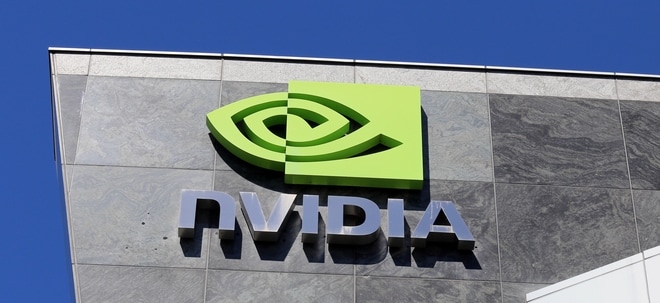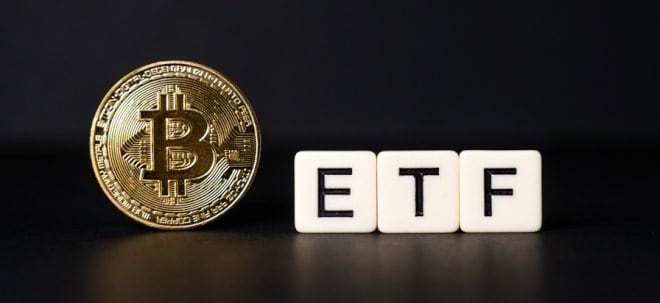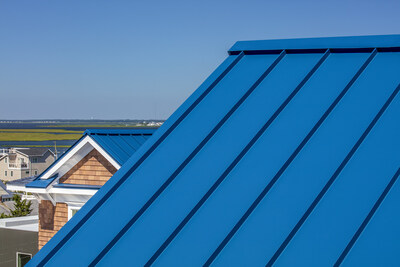HOME IMPROVEMENT MYTH-BUSTERS: DO METAL ROOFS INTERFERE WITH WI-FI AND CELL SIGNALS?
Metal Roofing Alliance (MRA) experts weigh in with the facts
PORTLAND, Ore., Oct. 1, 2025 /PRNewswire/ -- U.S. and Canadian homeowners are turning to residential metal roofs for plenty of good reasons. Metal roofs can last 50+ years. They provide much better protection against climate extremes such as hurricanes, hailstorms and wildfire. And they are a more sustainable choice.
However, metal roofs are so protective and impervious, it may be the cause for why some people believe they contribute to weak Wi-Fi and cell phone signals.
"The reality is any interference caused by metal roofing is negligible," said Renee Ramey, Metal Roofing Alliance (MRA) executive director. "Typically, it's other issues causing spotty or unreliable signals, not the roof."
Ramey points out that if metal did cause signals to be blocked, it would be difficult to get cell coverage in cars. Obviously since that's not the case, what's behind the myth that metal roofs are a culprit?
Metal roofing experts say that while it's true metal can reflect and absorb radio waves, the impact on signal quality is typically minor and it should be viewed as a manageable challenge rather than a prohibitive drawback. Today's cell phone signals are engineered to be resilient, utilizing a range of frequencies and technologies to ensure reliable penetration through various obstacles, including different types of building materials. Modern routers have powerful capabilities.
In fact, experts say that in some cases, the reflective properties of a metal roof can even enhance signal reception inside a building. Reflective surfaces can redirect signals into the building from different angles, potentially increasing the likelihood that a signal finds its way to connected devices by bouncing off the metal roof and into various entry points.
Nonetheless, no matter what the roofing material, if there are issues with cell and Wi-Fi signals, it's important to recognize and address them.
For Wi-Fi, the quality and the strength of the signal plays a far greater role than what building materials are used in the home. Quality is impacted by where a router is located, how old it is, its positioning and whether there are physical obstructions or conflicting electrical devices that may be interfering. For cell service, good coverage is mainly affected by the diversity of frequency bands used by the provider, the density and location of the network towers.
If homeowners are experiencing insufficient or weakened connectivity and are worried a metal roof might further contribute to the problem, there are some simple steps to take to help strengthen and stabilize Wi-Fi and cell service, including:
For Wi-Fi: Consider repositioning, updating or replacing the router. Installing an access point device also can help serve as a bridge between the router and devices. Another option may be to extend Wi-Fi reach by adding an exterior antenna. Always be sure to check with the provider to see if the wired connection to the house is secure and working without interruption. Other options include investing in a mesh network and shutting down any unused devices that may be diverting Wi-Fi and affecting its capacity.
For cellular reception: The installation of a cell phone signal booster can help capture weak outside signals via an external antenna and rebroadcast it into the home. Femtocells, also known as network extenders, can act like mini cell towers by connecting to the home's broadband internet service and converting it to cellular signals. External antennas also can help in particularly challenging or remote locations. If the Wi-Fi signal inside the home is strong and stable, enabling Wi-Fi calling can significantly improve reliability and quality of the reception.
For homeowners looking for unparalleled protection and curb appeal that comes with metal roofing, the good news is that they do not have to compromise on connectivity. The experts from MRA member McElroy Metal reinforce the fact that "while metal roofing can occasionally play a role in signal strength, it typically doesn't cause excessive interference, and the pros far outweigh the cons of this roofing selection."
To get the facts about today's quality residential metal roofs, download a free copy of MRA's Metal Roofing Buyer's Guide at https://metalroofing.com/wp-content/uploads/MRA-Buyers-Guide-v2024-05.pdf.
About the MRA
Representing the residential metal roofing industry in the United States and Canada, the Metal Roofing Alliance (MRA) was formed to help educate consumers about the many benefits of metal roofing. For more information about MRA membership, residential metal roofing resources and tools, visit MRA at www.metalroofing.com.
Contact: Darcie Meihoff, Metal Roofing Alliance (MRA), darcie@metalroofing.com or 971-998-3782
![]() View original content to download multimedia:https://www.prnewswire.com/news-releases/home-improvement-myth-busters-do-metal-roofs-interfere-with-wi-fi-and-cell-signals-302573002.html
View original content to download multimedia:https://www.prnewswire.com/news-releases/home-improvement-myth-busters-do-metal-roofs-interfere-with-wi-fi-and-cell-signals-302573002.html
SOURCE Metal Roofing Alliance



